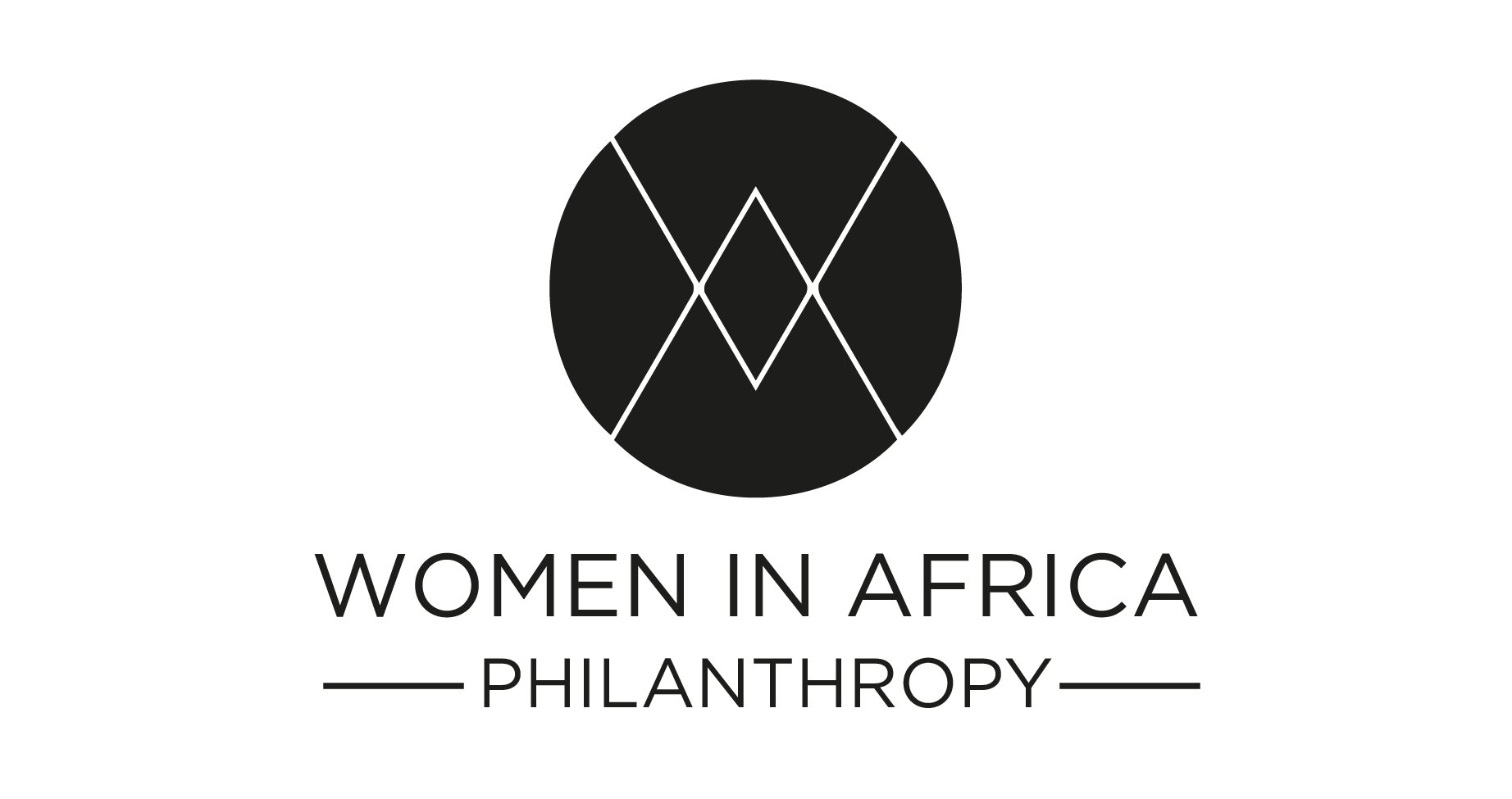In 2016, for the first time in Paris, Tech Africaine was in the spotlight through the Afrobytes platform; an initiative promoted by Haweya Mohamed, a French of Somalian origin, aged 40.
« It seems that I display all the stigmas I am a woman, I am a mother, I am black, Muslim and I am into business, » said Haweya Mohamed in an interview. «But I have never seen it an handicap…. I move on! » As evidence, after beginning a career at Endemol, Channel International or RTL, in production and Public Relations, a return to Africa, entrepreneurship in her vains, she launched, with Ammin Youssouf in 2015 Afrobytes; the first digital hub dedicated to the sector.
Present Africa otherwise

« It is difficult to evaluate the number of the start-ups that are popping up every day in a continent made of 54 countries. However, the trend is on the rise. Our conviction is as follow, some innovation centers can also be airstrips on the continent, and they know better the continent than any other person. From Silicon Valley to actors in emerging Asian countries, including European actors, the Tech World is getting aware the formidable opportunities that emerge with the new African connected consumer. Afrobytes proposes to its actors to accelerate their strategies in Africa by offering them a MarketPlace on value chain in order to help them position themselves on the digital training of the African continent. It will consist in going beyond the issue of sectors and talk about women and men who are at end of the chain, and their needs. »
From the first edition, the platform stood out through the panel of companies, the largest actors of the sector on the African continent but also from Europe and the United States. This year, Google Facebook will be present. The delegations of the two biggest countries of the continent: Ethiopia and Nigeria will be promoting the «Doing Business» in their respective countries. Beyond the idea to offer to African start-ups an ecosystem capable of assess and support them and strengthen them by connecting them to global leaders, Haweya is also motivated by the desire to present Africa otherwise.
Women from Tech made in African at the forefront
« The continent indeed faces a number of challenges to meet and African technological ecosystems first solve problems related to their day-to-day life. We remind them of problem solving companies. One of major challenges that looms is the demographic growth. The new technologies will indispensable alternatives to supplement public policies that will not be able be to provide shelter, feed, carry, train and educate enough of people in a short time. »
And in this transformation, women from Tech made in Africa are the forefront. Afrobytes helped shed a light on these actors’ activities in this sector. « We are in fact promoting talents and there are many on the continent creating innovations that go beyond their own needs. Being at the heart of communities, they know exactly what people around them need. Few people realize that 41 % of women undertake a business in Nigeria against 10 % in the United States (Source: TrendWatching.com), the rate female entrepreneurship is higher in Africa than in other region of the world. » This acceleration, on the continent dubbed mobile first continent, requires the use mobile telephone for women, with m-Santé, mobile Money, m-Learning, connected agriculture…» Enough of elements that are signs of another form of independence for them, an increase in skills, financial inclusion, time saving on daily basis.
Technophile users, they now want to reach the status of designers of these applications. « It is necessary to rely on women to create applications that meet the challenges of everyday life in Africa. Sorrowful spirits will argue that female entrepreneurship in Africa is mostly in the informal economy. That is right. But these women, and this is a major innovation, have applications to develop their business. They are able to “uberise” their daily life. The ambition today is to allow women with incomes ranging between $ 4 and $ 10 per day to simply double their earnings through the mobile applications they will invent. In Nairobi, for example, AkiraChix trains women in the code and supports them in the creation of their start-ups. The founders were present in 2016 at Afrobytes.»
The major challenge on the continent: access to information and opportunities
« Beyond women, you have to connect all the actors and create the meeting. The major challenge on the continent is access to information and opportunities. Things are happening in Benin and are not necessarily known in Togo. This is what we are trying to do in Afrobytes: to reduce all the barriers that could prevent collaboration. This year, for example, we will be hosting a large number of initiatives around the code and women. The people we are going to gather live in South Africa, in Morocco in Nigeria but they do not know each other and sometimes even have no idea of their existence. It is my great pleasure to see them meeting in Afrobytes and my greatest pride is to hear that they work together. Every year we have a session called Meet the tech hubs and what is really great is that most of the time they meet in Afrobytes. This year we are going to invite Malawi, Somalia, Djibouti, Tanzania and the DRC, they do not know each other and I am already happy about what these meetings will give. »

